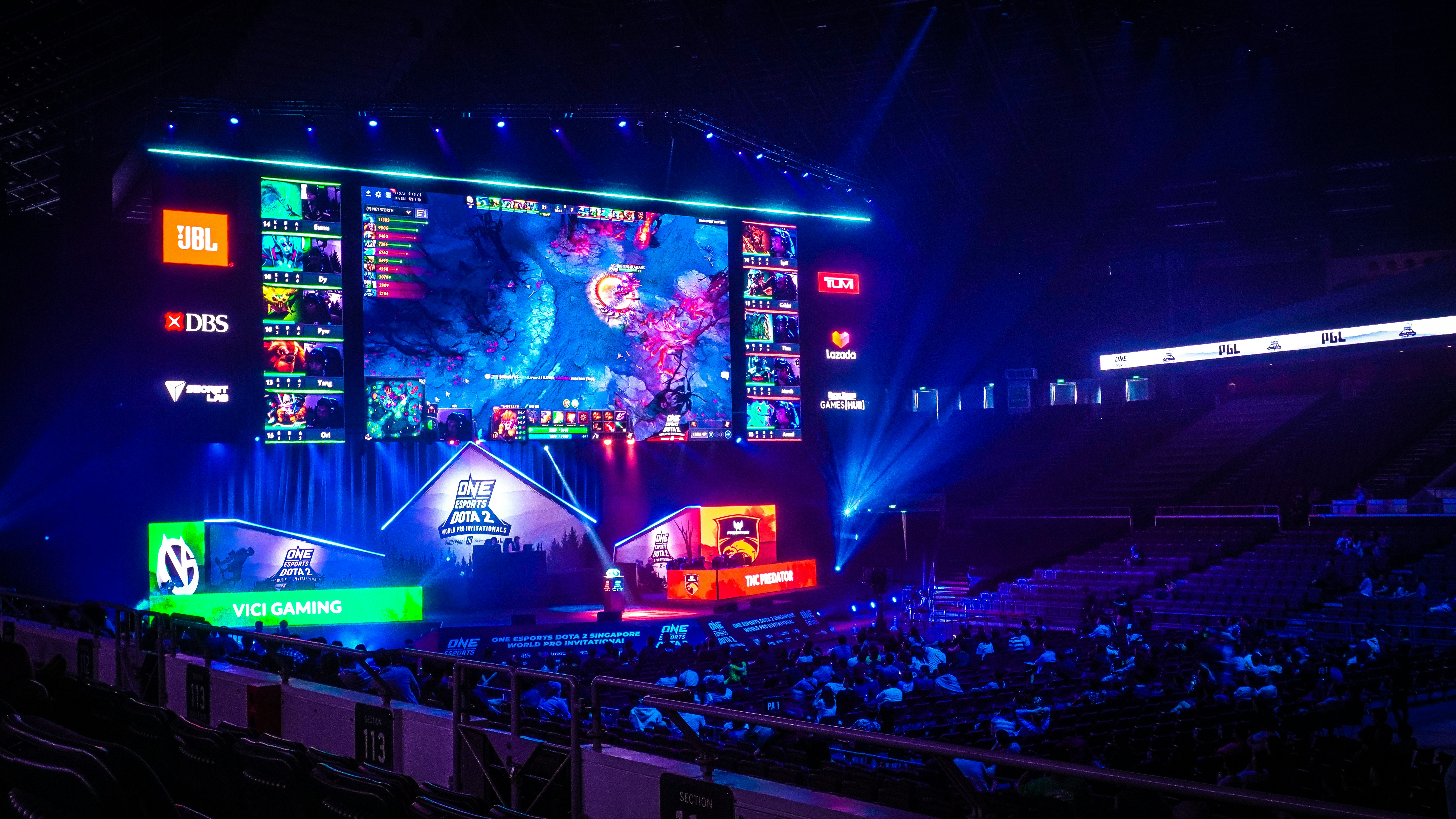Esports and Entertainment: The Blurring Lines Between Gaming and Showbiz

Esports and Entertainment: The Blurring Lines Between Gaming and Showbiz
Esports has rapidly evolved from niche competitive gaming into a mainstream entertainment phenomenon, blurring the lines between traditional showbiz and interactive digital culture. This convergence reshapes audience engagement, celebrity culture, and content production in profound ways.
The Rise of Esports
- Explosive growth in player base and viewership worldwide.
- Multi-million-dollar tournaments and sponsorship deals.
- Recognition as a legitimate sport and entertainment sector.
Esports as Entertainment
- Integration of live event production, commentary, and storytelling.
- Charismatic players and teams gaining celebrity status.
- Use of professional broadcast techniques similar to traditional sports.
Cross-Industry Collaborations
- Partnerships between game developers, entertainment studios, and celebrities.
- Inclusion of esports in broader entertainment festivals and media.
Audience Engagement
- Interactive platforms allowing viewers to influence gameplay.
- Strong online communities fostering fandom and identity.
Economic Impact
- New revenue streams: advertising, merchandise, streaming rights.
- Career opportunities beyond playing: coaching, casting, content creation.
Challenges and Criticisms
- Concerns over player burnout and mental health.
- Issues around diversity and inclusion.
- Regulatory and governance complexities.
Future Prospects
- Expansion into virtual and augmented reality experiences.
- Further integration with mainstream entertainment industries.
- Growth in mobile esports and casual competitive gaming.
Conclusion
Esports is no longer just gaming; it is a dynamic entertainment ecosystem blending competition, performance, and media. Its continued evolution will redefine how we consume and participate in entertainment culture.




